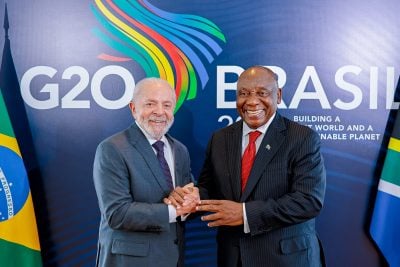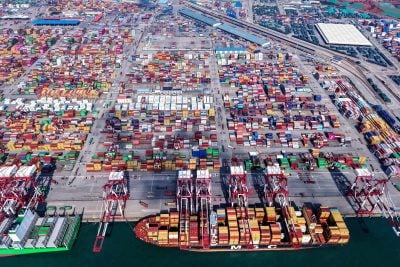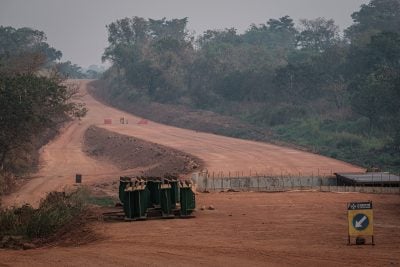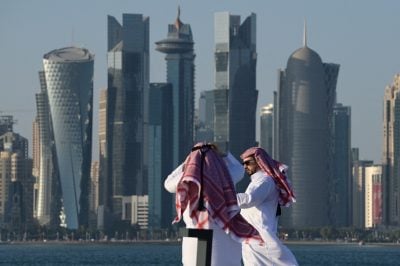Africa’s economies are expected to bounce back this year, according to the African Development Bank’s (AfDB) African Economic Outlook 2021, but governments will continue to face substantial debt risks as the costs of Covid-19 mount.
Real GDP on the continent is projected to grow by 3.4% in 2021 after shrinking by 2.1% last year, a recovery driven by the effective deployment of therapeutics and vaccines, continued implementation of the Africa Continental Free Trade Agreement, and the introduction of digitalisation and work-from-home arrangements. More than half of the countries on the continent have now received vaccines, with deliveries under the Covax programme starting in February.
However, the recovery could still be jeopardised by a resurgence of Covid–19, limited capital flows, low commodity prices, low tourism and remittances, extreme weather events, and social tensions, says the Bank, which again highlighted Africa’s precarious debt situation.
The Bank estimated that African governments needed additional gross financing of about $154bn last year. The average debt-to-GDP ratio stabilised at around 60% of GDP between 2017 and 2019, but is projected to increase “significantly” by 10-15% by 2021 as countries borrow to make up fiscal shortfalls.
“Africa’s debt continues to shift from traditional multilateral and bilateral Paris Club sources toward private and commercial lenders. Significant vulnerabilities – such as risk of debt distress, safety margins erosion, and credit rating downgrades – are emerging as a result of this changing landscape for Africa’s debt,” says the report.
The Bank warned of the “costly economic consequences” of “disorderly and protracted” debt resolution attempts.
“The absence of orderly and successful sovereign debt resolution, especially with private creditors, makes the prospects of debt distress worrisome for African economies,” the report said.
“In addition, the current international financial architecture – dominated by a lack of transparency and ongoing race to seniority – makes orderly sovereign debt restructuring complex to achieve.”
AfDB President Akinwumi Adesina said that it is imperative that the international community works closely with Africa on new debt relief mechanisms.
“Global partnership efforts are being made by the G20 to support temporary debt relief for developing countries through the Debt Service Suspension Initiative. [DSSI] However, debt payments are only deferred, and the initiative covers only a small fraction of Africa’s total bilateral debt.
“Much larger financial support is needed, and the private sector creditors need to be part of the solution. Even more important, the time for one last debt relief for Africa is now.”
The report also highlights the human cost of Covid-19. About 30 million Africans were pushed into extreme poverty in 2020 as a result of the pandemic and it is estimated that about 39 million Africans could fall into extreme poverty in 2021.
Want to continue reading? Subscribe today.
You've read all your free articles for this month! Subscribe now to enjoy full access to our content.
Digital Monthly
£8.00 / month
Receive full unlimited access to our articles, opinions, podcasts and more.
Digital Yearly
£70.00 / year
Our best value offer - save £26 and gain access to all of our digital content for an entire year!

 Sign in with Google
Sign in with Google 





